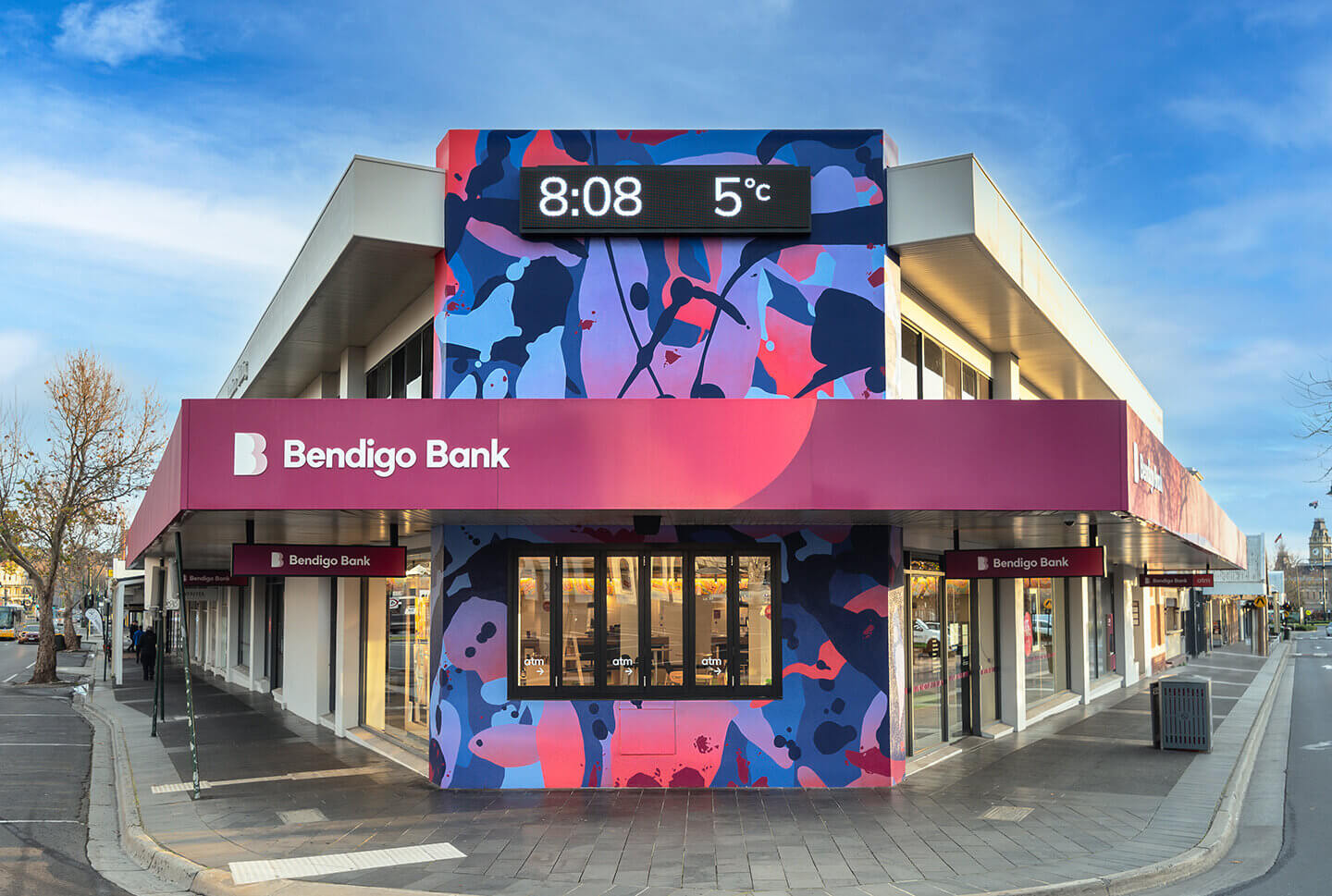Australia’s Bendigo Bank has joined the ranks of major banks in the country by announcing blocks on “high-risk crypto payments” in an effort to safeguard its 2.3 million customers from investment scams.
The move, disclosed on July 31 by Jason Gordon, the bank’s head of fraud, entails implementing new rules on instant payments to crypto exchanges to add “friction to certain genuine payments.”
While the bank has stated its intentions to combat fraudulent transactions and enhance customer protections, it has not disclosed specific details about the high-risk transactions being targeted or the exchanges that may be affected.
This comes after similar actions were taken in recent months by three of Australia’s major banks—Commonwealth Bank, National Australia Bank (NAB), and Westpac.
Chainalysis APAC Policy Head Chengyi Ong warned in an earlier interview that such actions could force Australia’s crypto community to resort to offshore exchanges for their transactions.
Ong argued that blocking exchanges alone would not deter criminal actors, as they could simply shift to other platforms—crypto or otherwise.
READ MORE:Pro-XRP Lawyer Alleges SEC’s Actions Driven by Safeguarding Corporate Capitalism
Moreover, uncertainty over banking access might push crypto exchanges and users beyond the reach of regulatory authorities.
Ong proposed a more holistic approach, calling for cooperation between banks, regulators, telecommunication providers, and social media platforms to tackle every potential point of interaction between scam victims and perpetrators.
Dr. Aaron Lane, a senior lecturer with the RMIT Blockchain Innovation Hub, echoed this sentiment, suggesting that banks should work constructively with exchanges rather than taking a blanket approach of debanking the entire industry or asset class.
He recommended reserving debanking as a risk tool for individual cases of serious and unacceptable risk.
Australia has been considering crypto-specific laws for over three years, prompting Dr. Lane to call on lawmakers to move crypto law reform “out of the too-hard basket.”
The Department of the Treasury also issued a statement in June expressing similar concerns, highlighting that inaction on debanking could impede financial services competition and innovation, potentially driving businesses to operate solely in cash.
In conclusion, Bendigo Bank’s decision to block high-risk crypto payments aligns with actions taken by other major Australian banks.
While the move is intended to protect customers from investment scams, experts argue that a more comprehensive approach involving cooperation between various stakeholders is needed to address the issue effectively.
Other Stories:
Kyrgyzstan Expands Cryptocurrency Mining with Government Backing at Hydro Power Plant
French Data Protection Agency Investigates Worldcoin
Worldcoin’s Iris Scanning Project Raises Privacy and Sovereignty Concern




